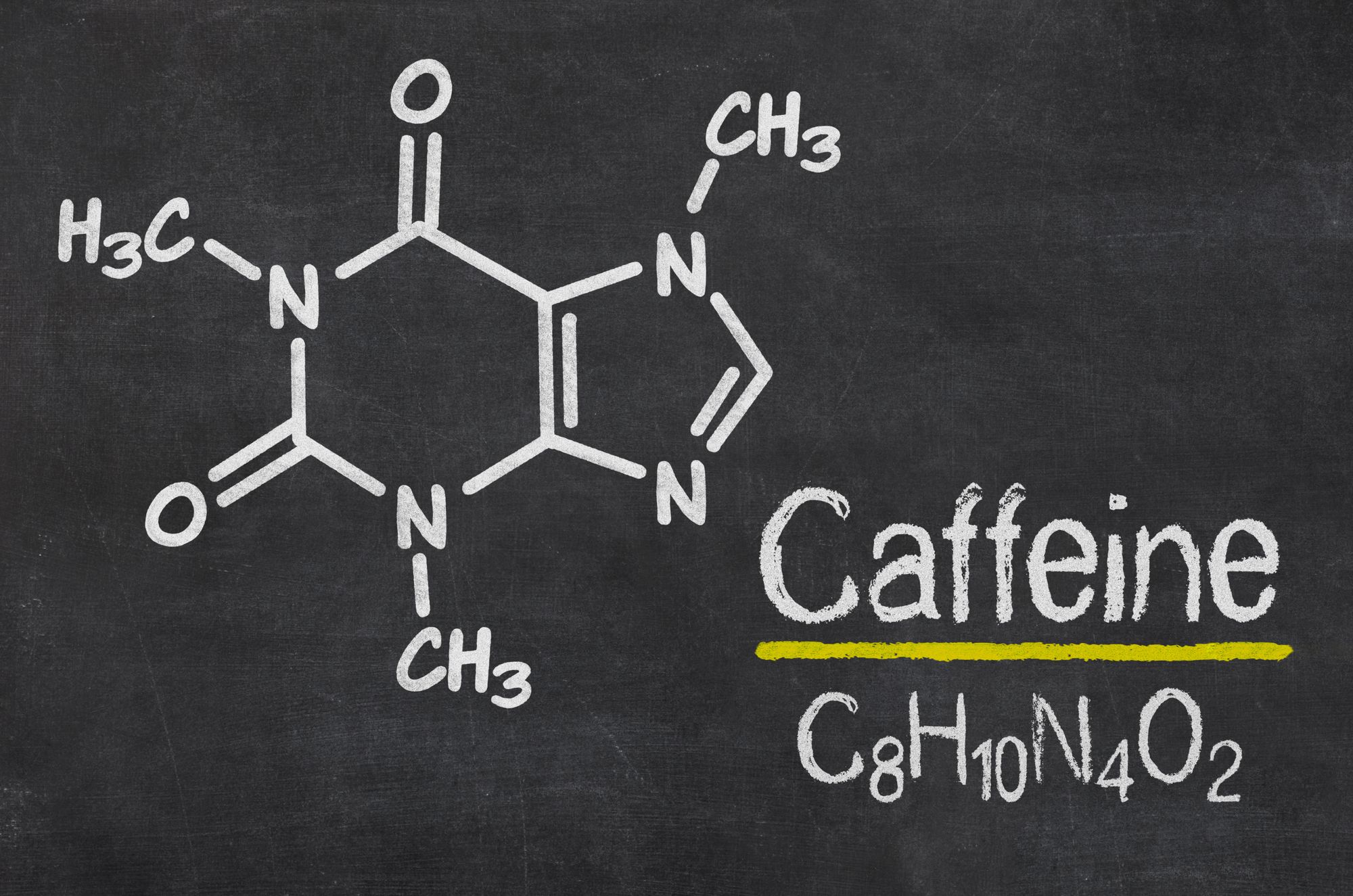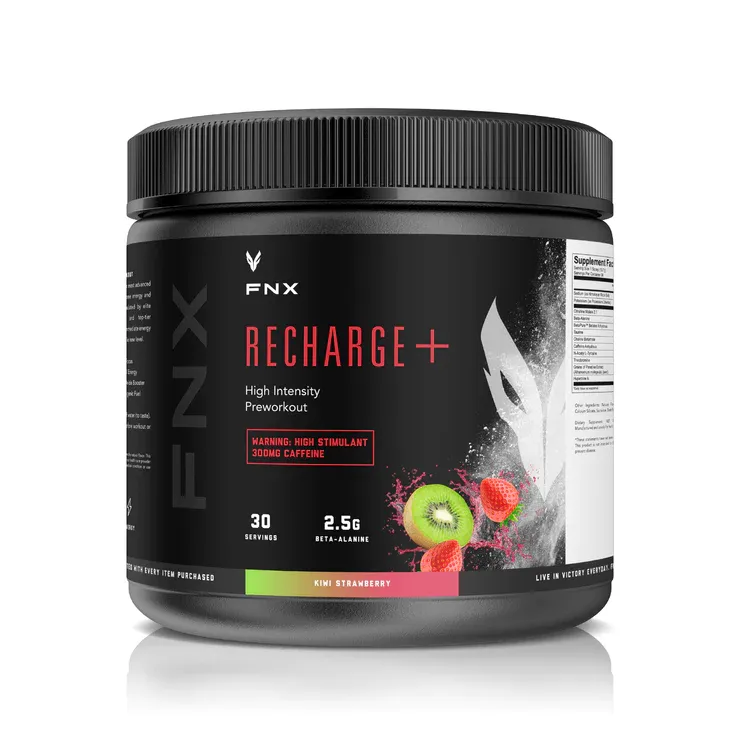Caffeine and the Human Body: A Comprehensive Guide

Caffeine and the Human Body: A Comprehensive Guide
If you're sipping on a cup of coffee or tea while reading this, you're consuming one of the world's most popular stimulants: caffeine. Found in an array of beverages and even some supplements, caffeine has woven itself into the fabric of our daily routines. But have you ever paused to ponder how this compound affects your body? Let's dive in.
What is Caffeine?
Caffeine, a natural stimulant, is primarily sourced from the seeds and leaves of certain plants. The coffee bean, the tea leaf, and the cacao pod are its most renowned sources. On a molecular level, caffeine is an alkaloid, and its structure allows it to have significant effects on the human brain and body. But before we delve into its impact, let's understand how our body processes it.
How the Human Body Processes Caffeine
When you take that first sip of your morning brew, caffeine begins its journey through your body. Here's a step-by-step breakdown:
-
Absorption: Once ingested, caffeine is swiftly absorbed by the stomach and small intestine. Within about 45 minutes, 99% of the caffeine is absorbed through these membranes.
-
Distribution: Post absorption, caffeine doesn't play favorites. It distributes itself uniformly across all body fluids, making its way to the brain, where it's most active.
-
Metabolism: The liver takes center stage here. Using enzymes, primarily cytochrome P450 1A2, the liver metabolizes caffeine, breaking it down into three primary metabolites: paraxanthine, theobromine, and theophylline. Each of these has its own set of effects on the body.
-
Excretion: After playing its part, caffeine exits the body. The kidneys filter out and excrete it through urine. Typically, it takes about 3 to 5 hours for half of the caffeine to be eliminated.
Now that we've mapped out caffeine's journey, let's explore its effects, both the good and the not-so-good.
Positive Effects of Caffeine on the Body
Caffeine isn't just a wake-me-up; it offers a range of benefits that many of us might not be aware of:
-
Mental Alertness and Cognitive Functions: Ever noticed that post-coffee clarity? Caffeine blocks adenosine receptors in the brain. Adenosine is a neurotransmitter that promotes sleep and relaxation, so when caffeine gets in its way, the result is heightened alertness and wakefulness. This blockade can lead to improvements in mood, reaction time, and even memory.
-
Physical Performance: If you've ever felt that extra push during a workout after a cup of coffee, here's why: caffeine triggers the release of adrenaline, our body's "fight or flight" hormone. This surge prepares the body for physical exertion, making caffeine a great pre-workout companion. Additionally, it aids in the breakdown of body fat, making fatty acids available for energy production.
-
Metabolism and Weight Loss: Looking to shed a few pounds? Caffeine might be your ally. It gives the metabolic rate a nudge, helping the body burn calories at a faster pace. Some studies also suggest that caffeine can suppress appetite, although this effect is often temporary.
While these benefits sound fantastic, it's essential to remember that moderation is key. Overconsumption can lead to some unwanted side effects, which we'll delve into next.

Negative Effects of Caffeine on the Body
While caffeine can be a boon, it's not without its drawbacks. Here's what can happen when you have a bit too much:
-
Sleep Disturbances: A late-night espresso might seem tempting, but it could cost you a night of restful sleep. Caffeine can interfere with the sleep-wake cycle, leading to difficulties in falling asleep or staying asleep. Over time, this can result in insomnia or reduced sleep quality.
-
Digestive Issues: That acid kick in your coffee? It's not just flavor. Caffeine can stimulate acid production in the stomach, which, for some, can lead to acid reflux or even stomach ulcers.
-
Heart and Blood Pressure: While a temporary rise in blood pressure post-caffeine is common for most, it can be concerning for those with certain conditions. In sensitive individuals, excessive caffeine can also lead to palpitations or irregular heartbeats.
-
Addiction and Withdrawal: Yes, caffeine can be addictive. Regular consumption can lead to dependence, and cutting it off suddenly might result in withdrawal symptoms. These can range from headaches and fatigue to irritability and even depressive moods. Moreover, over time, one might need increasing amounts of caffeine to achieve the same effects, a phenomenon known as caffeine tolerance.
It's clear that while caffeine has its perks, it's crucial to consume it mindfully. But what about those who use it to enhance their athletic performance? Let's delve into that next.
Caffeine and Athletes: Enhancing Training and Competition
Athletes, from sprinters to marathon runners, have long turned to caffeine as a secret weapon in their performance arsenal. Here's how this stimulant can be a game-changer on the track, field, or gym:
-
Improved Endurance: For those long, grueling workouts or races, caffeine can be a lifesaver. It delays muscle fatigue by promoting the utilization of fat as an energy source. This means that the body conserves its primary energy source, glycogen, for longer durations, allowing athletes to push harder and longer.
-
Increased Strength and Power: Need a burst of strength? Caffeine to the rescue! It can enhance muscle contraction and reduce an athlete's perception of effort, making those heavy lifts or sprints feel just a tad easier.
-
Recovery: Post-exercise, caffeine can play a pivotal role in recovery. It aids in the replenishment of glycogen, the primary energy reserve in our muscles, at a faster rate. This means athletes can bounce back quicker and be ready for their next training session or competition.
-
Considerations for Athletes: While caffeine can be a potent tool, it's essential to use it wisely. The recommended dosage for performance enhancement varies, but most studies suggest between 3 to 6 mg per kilogram of body weight. However, it's crucial to note that excessive intake can lead to dehydration. Athletes should also be aware of the World Anti-Doping Agency's (WADA) stance on caffeine. While it's currently not banned, it was on the prohibited list until 2004, so it's always good to stay updated on any changes.
In the world of sports, where every second counts, caffeine can offer that much-needed edge. But, as with everything, it's all about balance and understanding one's body.

Naked Energy Pre Workout Supplement
Naked Energy is a clean pre-workout powder that has been formulated with only Non-GMO ingredients. Our premium vegan pre-workout formula will help boost energy, strength, and power, and give you that extra edge so you can maximize your performance at the gym.
No additives or artificial sweeteners. Don’t let the supplement industry fool you; additives are for their bottom line, not your health. Independent third-party tested for heavy metals.
Conclusion
Caffeine, a ubiquitous component of our daily lives, is a double-edged sword. On one hand, it boosts mental alertness, enhances physical performance, and even aids in weight loss. On the other, overindulgence can lead to sleep disturbances, digestive issues, and potential heart concerns. For athletes, it offers a competitive edge, but it's essential to use it judiciously and stay informed about regulatory guidelines.
In essence, like many things in life, the key with caffeine is moderation and understanding one's own body. So the next time you reach for that cup of joe or a caffeine-infused energy drink, take a moment to appreciate the complex interplay of processes it triggers in your body. Cheers to informed choices!
References
- [Smith, A. (2002). Effects of caffeine on human behavior. Food and Chemical Toxicology, 40(9), 1243-1255.]
- [Graham, T. E. (2001). Caffeine and exercise: metabolism, endurance and performance. Sports Medicine, 31(11), 785-807.]
- [Juliano, L. M., & Griffiths, R. R. (2004). A critical review of caffeine withdrawal: empirical validation of symptoms and signs, incidence, severity, and associated features. Psychopharmacology, 176(1), 1-29.]
- [World Anti-Doping Agency. (2021). Prohibited List. WADA.]


